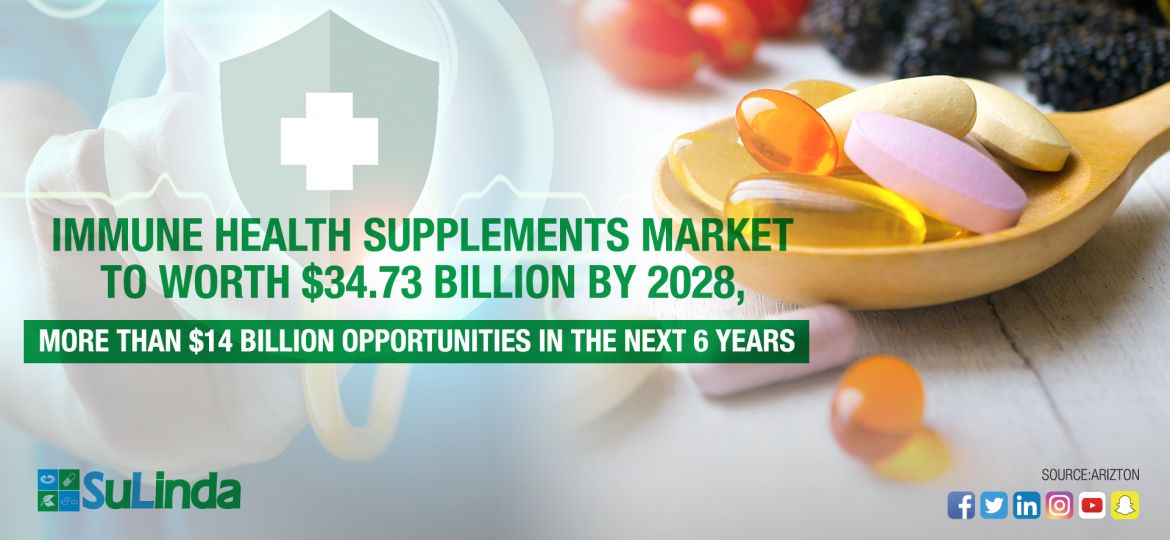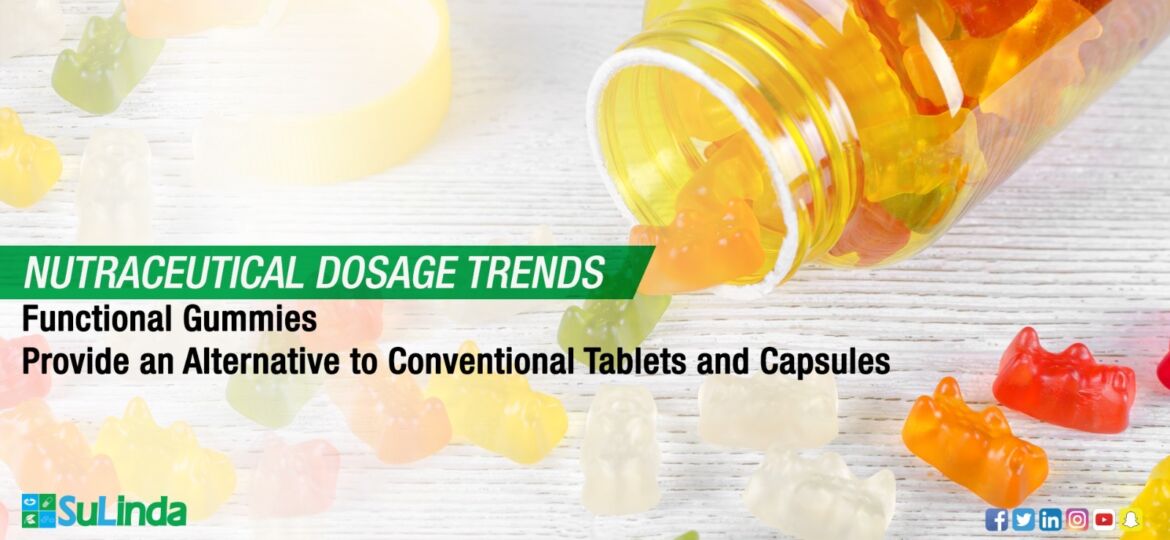Should you take calcium supplements during pregnancy?
Calcium supplements are generally considered safe for moms-to-be, however, too much calcium from supplements can cause unpleasant side effects like gas or constipation. In combination with sufficient food sources of calcium throughout the day, a calcium-containing prenatal will usually offer enough of the mineral to support both you and your baby during pregnancy.
Pregnant women need a ton of calcium. If you’re between the ages of 19 and 50, you need at least 1,000 mg of calcium per day to stay healthy. Pregnant (or nursing) women need even more calcium in their daily diets —1,200 to 1,400 mg. While the easiest source of calcium comes from dairy products (milk, cheese, yogurt), if you’re not getting at least 1,200 mg from your diet, you need to augment that with a calcium supplement.
Prenatal vitamins aren’t enough. I know, you’re thinking “Hey, I take that prenatal vitamin that my doctor prescribed, I’m good.” Not so fast. The standard prenatal vitamin has about 300 mg of calcium in it. If you consume few or no dairy products, you absolutely, positively need a calcium supplement.
You need strong bones, during pregnancy more than ever. Calcium is important for all of us, as it helps keep bones strong, bodies functioning, and helps prevent bone loss over time. When you’re pregnant, calcium is doubly important. Think about it: You’re growing a baby! And that baby is relying on your calcium intake to help develop his or her bones. No pressure, but make sure you get enough calcium, for both of your sakes.
You Can Get Calcium From Food, Sort Of. I always prefer getting vitamins and nutrients from food whenever possible, but calcium is a tricky one. If you like and eat dairy, it’s not so bad. Milk, yogurt, and cheese are all great sources of calcium. Here’s a handy chart that shows some of the best and easiest sources of calcium—and how difficult easy it is to get it from milk or dairy products, or calcium-fortified products.
Whether you want to choose from our large selection of suLinda products or work with our Research and Development team to formulate your own unique products, you will find it easy to get just the right product for you. SuLinda stocks or can source a comprehensive range of raw materials and we have the capability to produce a wide range of products.
We have extensive experience in developing innovative products for women and Kids nutrition, general wellbeing, joint-care, digestive health, weight management, and special dietary requirement markets at a range of price points. Contact us today at contactus@sulinda.com.ua
Reference: Webmed



